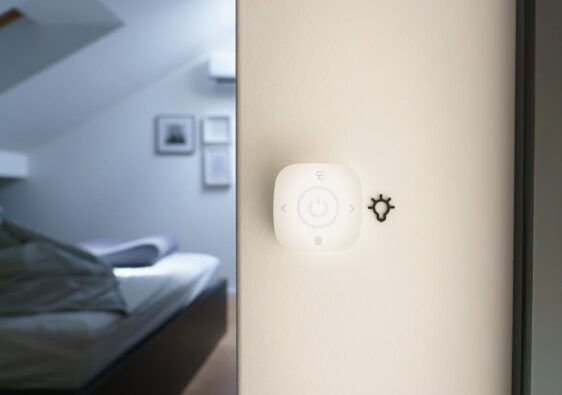Key Takeaways:
- Latest trends in outdoor pest control for 2024.
- Emerging technologies and methods to keep your outdoor space pest-free.
- Expert opinions and real-life examples of pest control solutions.
Rising Demand for Eco-Friendly Solutions
The demand for eco-friendly outdoor pest control solutions is increasing and is driven by environmental awareness and sustainable living. The EPA predicts that organic pesticide use will double by 2024 due to eco-friendly products’ increased availability and effectiveness. The market is shifting towards sustainability without compromising efficiency, with natural pesticides like neem oil showing remarkable results in combating pests without harming beneficial insects like bees.
Integrated Pest Management Systems Gain Traction
Integrated Pest Management (IPM) systems are rapidly gaining popularity due to their combination of biological, physical, and chemical methods. Studies show that IPM can reduce pest populations by up to 90% without relying heavily on chemical pesticides, benefiting the environment and human health. IPM involves monitoring pest populations, accurately identifying them, and applying targeted treatments only when necessary, creating a pest-free environment. Techniques like crop rotation, biological outdoor pest control agents, and mechanical barriers contribute to its success.
Smart Pest Control Technology
Innovative technology revolutionizes pest control by integrating automated traps, sensors, and drones into modern strategies. These tools enable real-time monitoring and quicker and more precise actions. Some products can differentiate between harmful pests and beneficial insects, maintaining ecosystem balance. Innovative technology benefits early pest detection and targeted interventions, such as drones with thermal cameras detecting pest nests and breeding grounds, preventing larger infestations, and enhancing efficiency.
Biological Controls on the Rise
Biological controls, such as natural predators or pheromone traps, are becoming increasingly popular. These methods effectively target specific pests while posing minimal risk to humans and pets. We expect more sophisticated biological control methods to enter the market as research advances. For instance, utilizing nematodes to target lawn grubs has shown promising results. These microscopic worms invade and kill soil-dwelling pests, making them an effective and safe solution for garden pest control.
By leveraging the natural relationships between pests and their predators, biological controls offer a sustainable form of pest management. This strategy lessens the use of chemical pesticides, lowering the possibility of hazardous residues in the environment. Moreover, beneficial insects like ladybugs and predatory beetles are used more frequently in gardens and farms to control aphid populations, showcasing how effective and eco-friendly biological controls can be.
Innovations in Detection Methods
Early detection is crucial for effective pest management, and advancements in detection methods enable more efficient pest control. Pheromone traps with integrated sensors and AI-powered image recognition software can identify infestations before they become problematic, allowing timely and targeted treatments. AI-powered cameras monitor high-risk areas, providing continuous feedback and real-time data for efficient pest management.
Proactive Approaches to Pest Management
Proactive pest control strategies involving regular inspections, early detection tools, and preventive treatments are gaining popularity. Techniques like physical barriers and repellent plants are effective in deterring pests. This approach reduces infestation likelihood and promotes a healthier outdoor environment. Homeowners seek advice on sealing entry points, maintaining cleanliness, and using mulches to maintain pest-free spaces.
The Future Landscape of Pest Control
The pest control industry is set to undergo significant changes in the coming years, with new technologies and strategies allowing homeowners more options for outdoor spaces. Scientific American emphasizes the importance of continuous innovation in pest control to address challenges and ensure sustainable practices. The goal is to balance effective pest control with environmental stewardship, with future advancements including precise biological controls, automated intelligent systems, and eco-friendly products.



